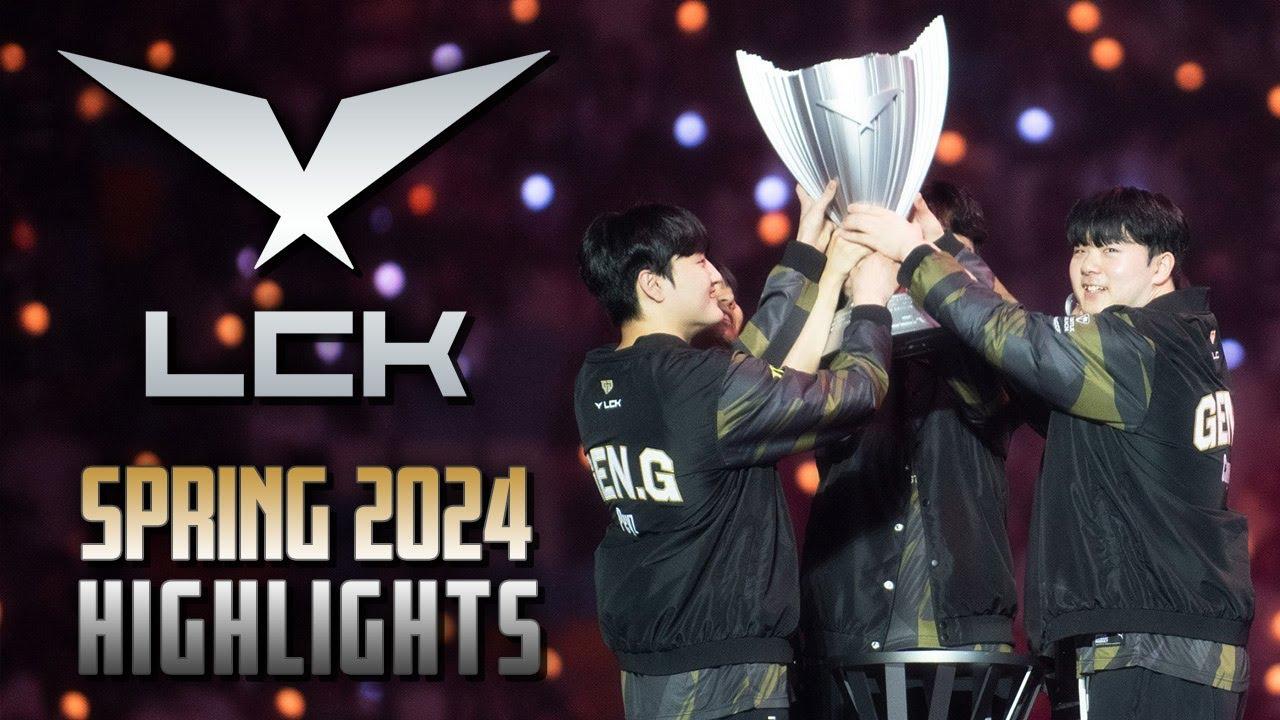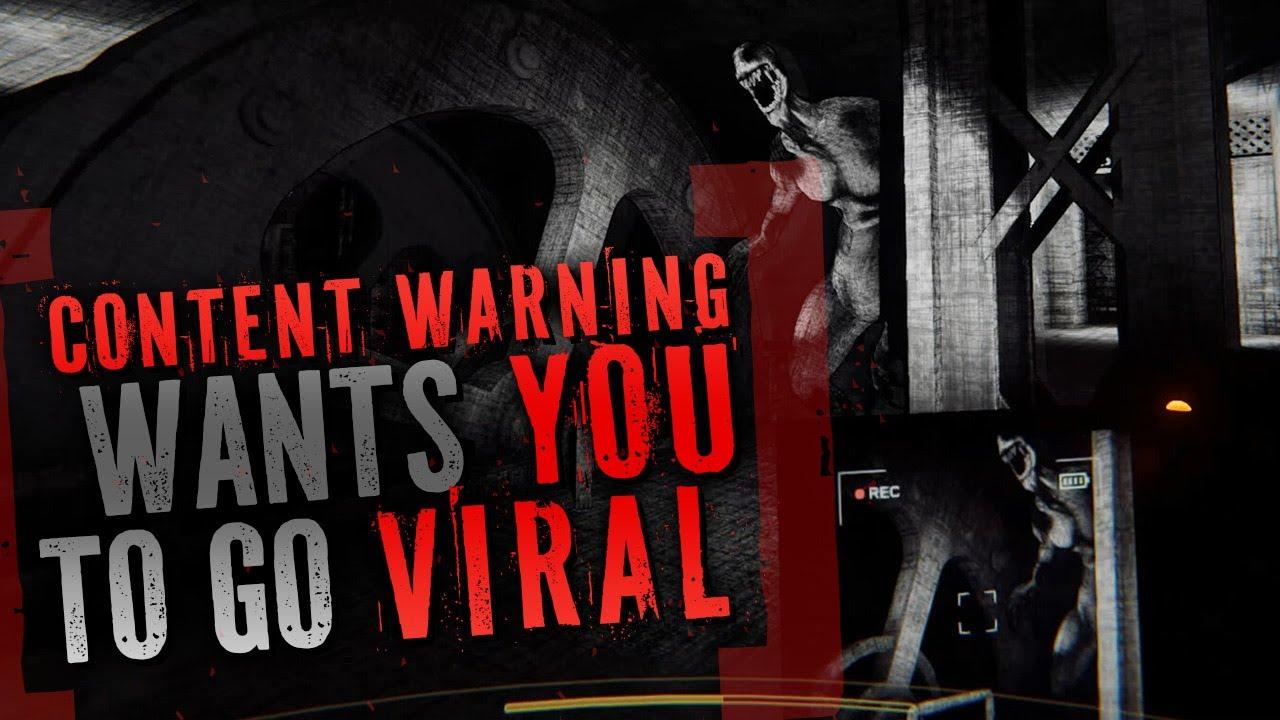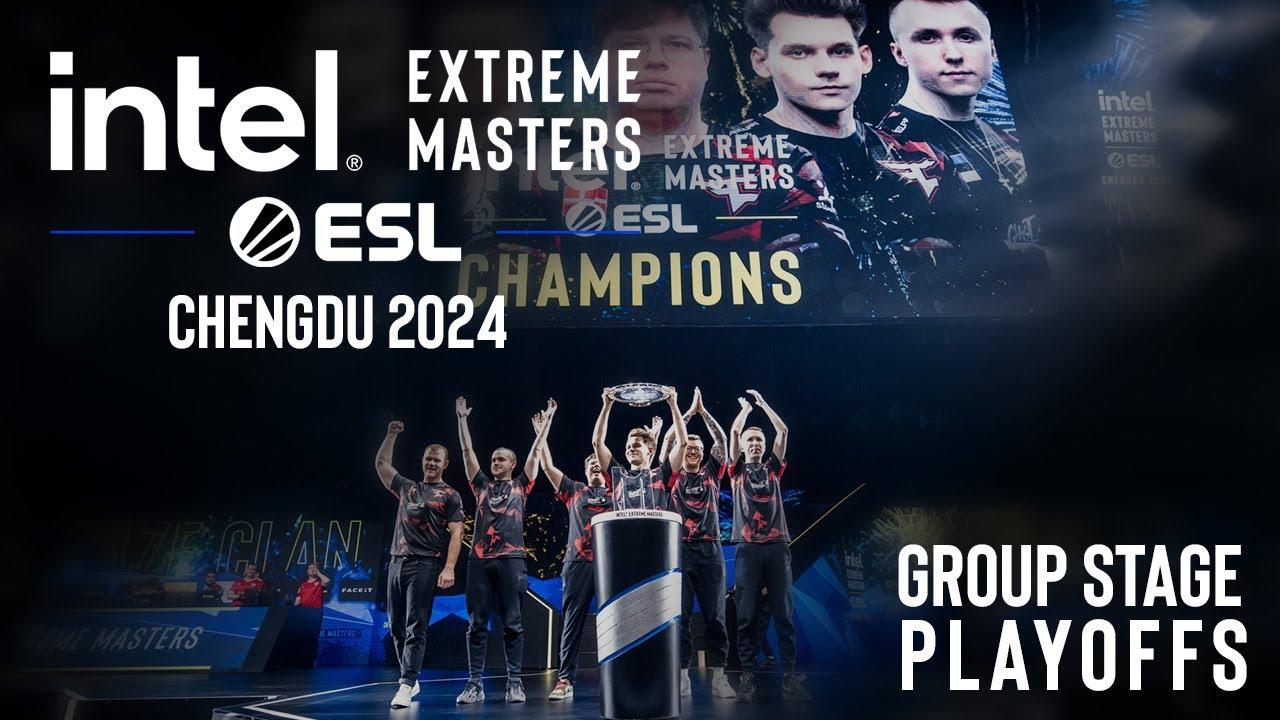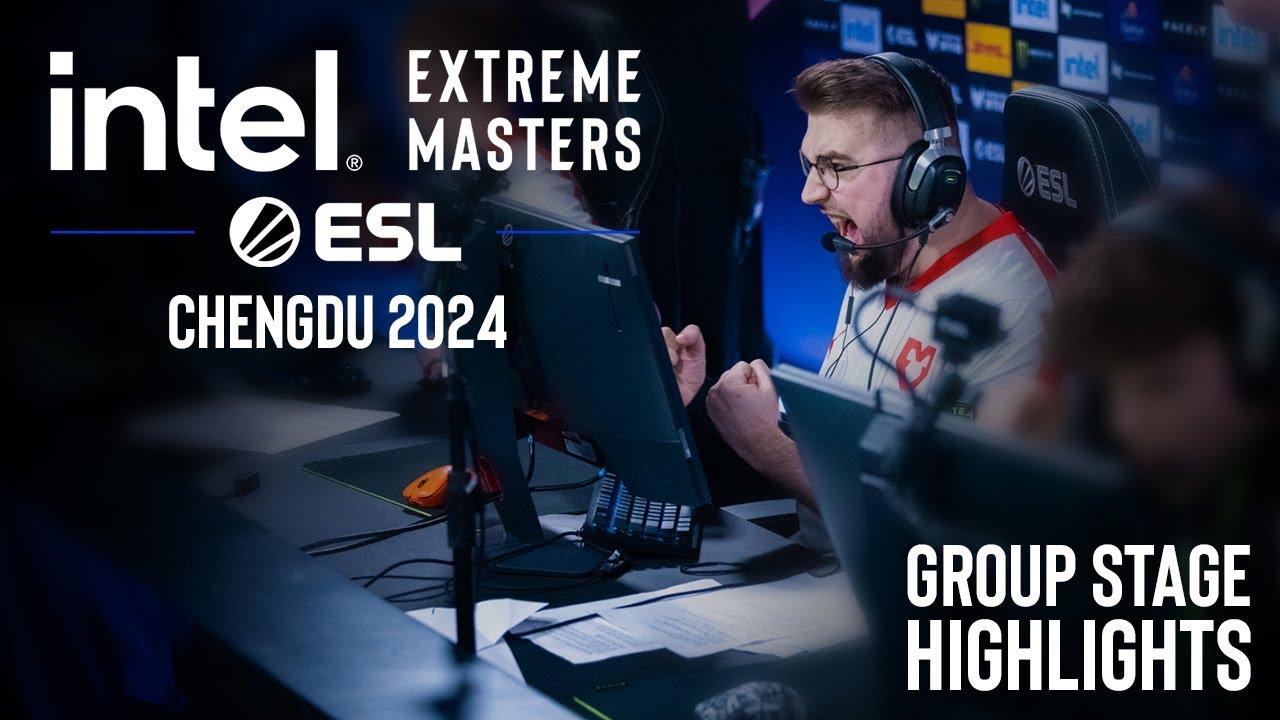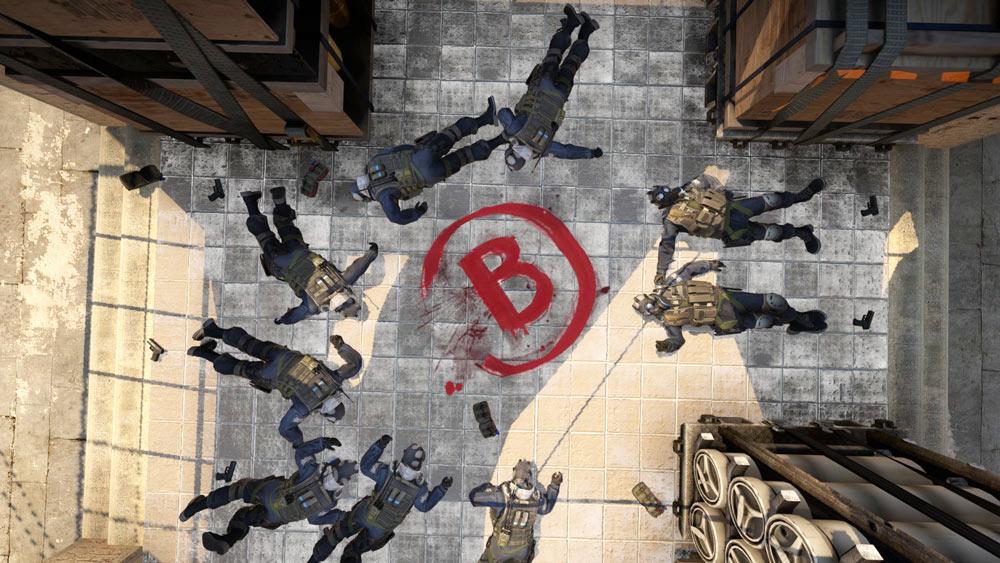
Flashpoint open qualifiers closed to teams outside select regions
Flashpoint may have championed offering a chance to everyone, but recent tests and two sources inside a South China team say that the qualifiers were not quite as open as they were purported to be.
According to tests performed by WIN.gg, Flashpoint’s qualifiers were never open to teams outside the regions of North America, Europe, and South America. In addition, tournament rules stated that participating teams must have at least three players residing in one of the three regions.
Flashpoint failed to mention this rule in their public statements. WIN.gg has reached out to FLASHPOINT, FACEIT, and Cloud9 president Dan Fiden for comment on the issue. Multiple team sources in affection regions confirmed to WIN.gg that Flashpoint was never open to them.
Tests performed on the FACEIT platform showed that, as a single participant registered in a region outside of Europe, North America, or South America, a user was unable to register for the Flashpoint qualifiers.
B Site qualifiers’ unclear rules on participation
Flashpoint’s open qualifiers ran from February 5 to February 9, followed closely by the closed portion for the tournament’s global qualifiers on February 14. The top two teams from each closed qualifier moved on to the Global Qualifier that is set to start on March 3: SKADE, AVEZ, Orgless, Chaos Esports Club, Isurus, Redemption Porto Alegre.
Tweets from the Flashpoint Twitter account announced the qualifiers on January 31, four days before they were set to begin. The tweet mentioned that the qualifiers would start in the stated regions, leaving the door open to teams outside of those regions to compete. Its tournament rules, however, prohibited teams from outside those regions from competing.
The tweet directed users to the Flashpoint’s qualifier registration page. The page lacks any qualifiers for such regions as Oceania, China, or CIS.
Oceania account denied registration to B Site Qualifiers
While fact-checking the results, WIN.gg identified several discrepancies when comparing the tournament rule sheet, its settings, and Flashpoint’s public statements.
- Registration is not allowed if the account region doesn’t match the region of the qualifier;
- Tournament rules prevent region switching, despite instructions outlining how to switch regions provided by the client and;
- The qualifier settings conflict with only the custom rules for the qualifiers
In order to ensure that it was not a misunderstanding or a localized problem, WIN.gg used an account registered in Oceania and attempted to sign up for the qualifiers.
The B Site qualifiers were not visible for the Oceania account. The tournaments were only listed when all search filters were removed. A direct link to the three qualifiers also took the user to the tournament page, but the account was still unable to register.
WIN attempted to register for all three open qualifiers. In response to North America, the FACEIT client denied the request to join the open qualifier as a solo ringer. The South American and European qualifiers do not have the ability to register as a solo player.
The client told the account it must have its game region set to the US in order to register. WIN.gg reached out to an admin familiar with FACEIT tournaments. According to the admin, since the account was unable to register, the closed qualifiers were indeed region locked.
WIN.gg was unable to test the registration process with a full team of five players due to the region lock. According to the rosters already registered and a rule found in the ruleset, players outside a qualifying region can compete only with three players from Europe, North America, or South America on their team.
Flashpoint’s schedule and ruleset have small but crucial errors
The tournament ruleset has several typos, floating HTML, and contradictions that most professional documents have corrected. Shown below, the rules prevent substitutes “unless stated otherwise,” while the format allows a single substitute. This discrepancy is small, but for a tournament league with a $2 million buy-in, it’s a worthy of note.
The rule sheet is 1,836 words long and has five distinct sections, but lacks simple formatting that lists its sections in the sidebar. FACEIT recommends that organizers provide this sort of formatting, even going so far as to tell the user how to do it above the text box where organizers enter their rules.
Even FACEIT’s beginner’s tournament, Tenderfoot, uses a clear index for players that are competing for FACEIT points, so it is unclear why Flashpoint lacks these details. Additionally, Flashpoint’s rules mirror those used for Tenderfoot. A copy and paste for a template from another tournament page would explain the floating HTML and its lack of formatting.
Finally, many of FACEIT’s support pages were updated shortly before the announcement. Ultimately, these mistakes give the qualifiers the look of being hastily put together and further point to a rushed production schedule for Flashpoint.
Recommended
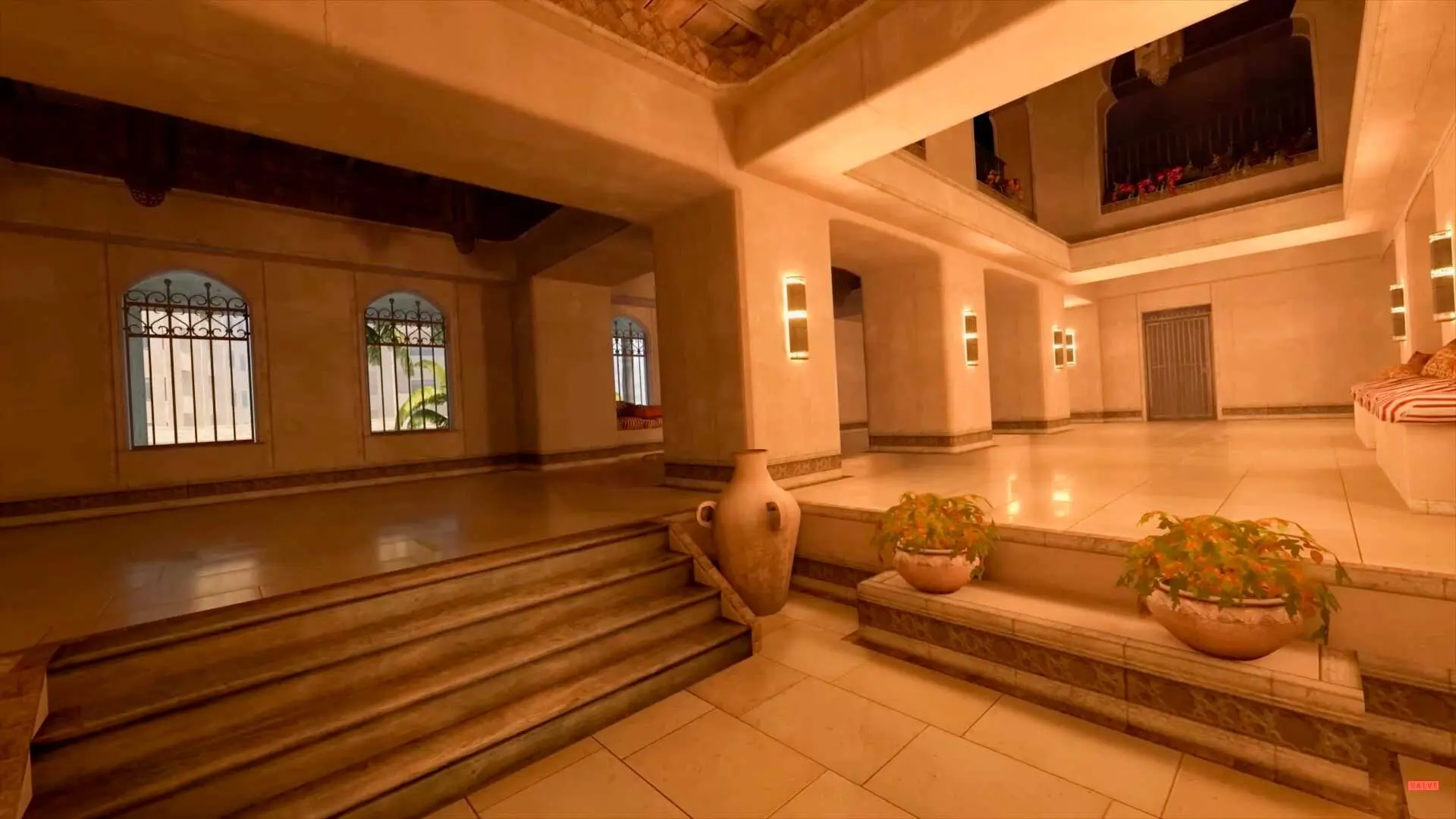
All maps are now available in CS2, what does it mean?
Poor Inferno players.
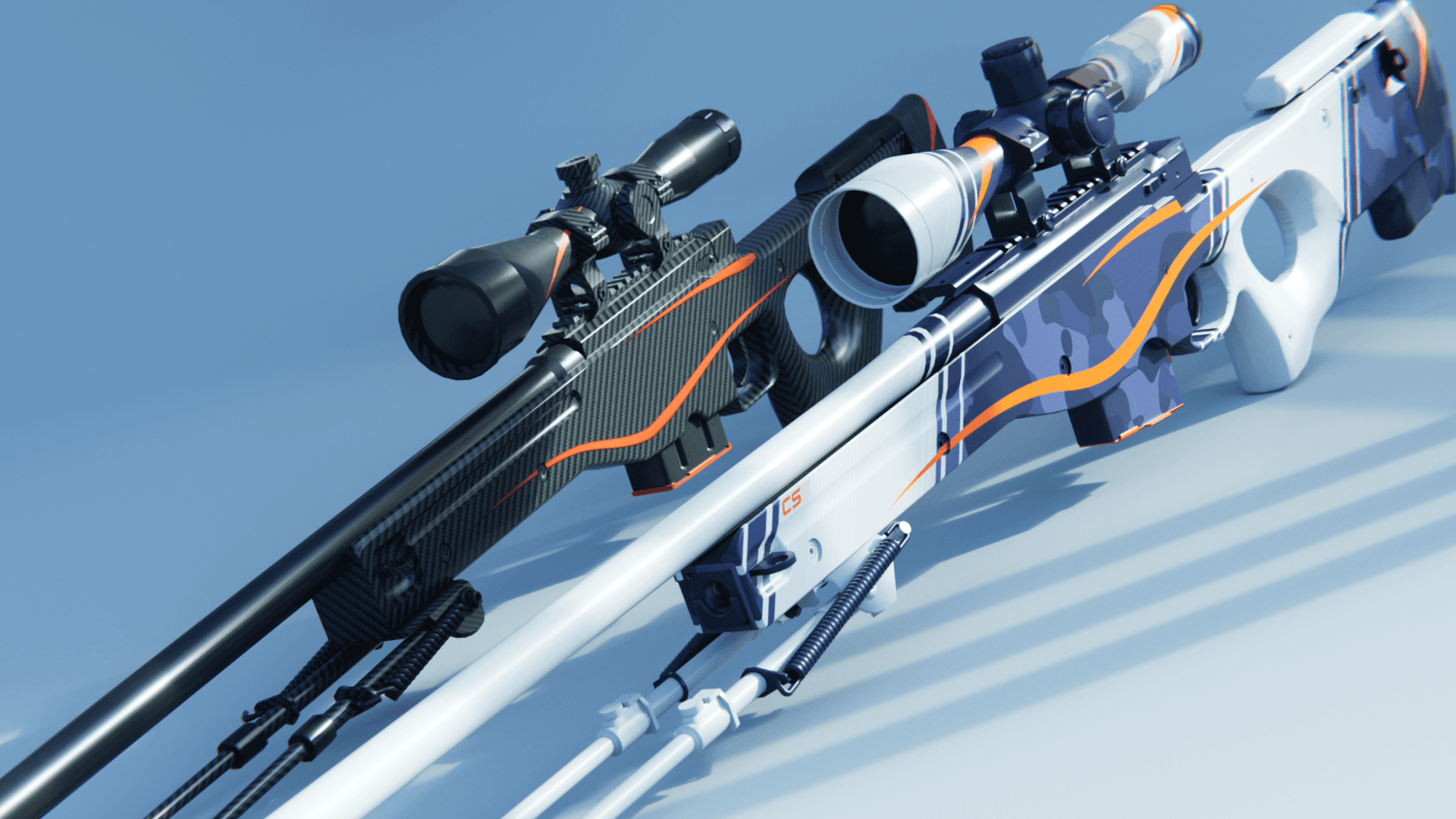
Redline creator reveals a sequel skin for CS2
Maybe call it the Orangeline?
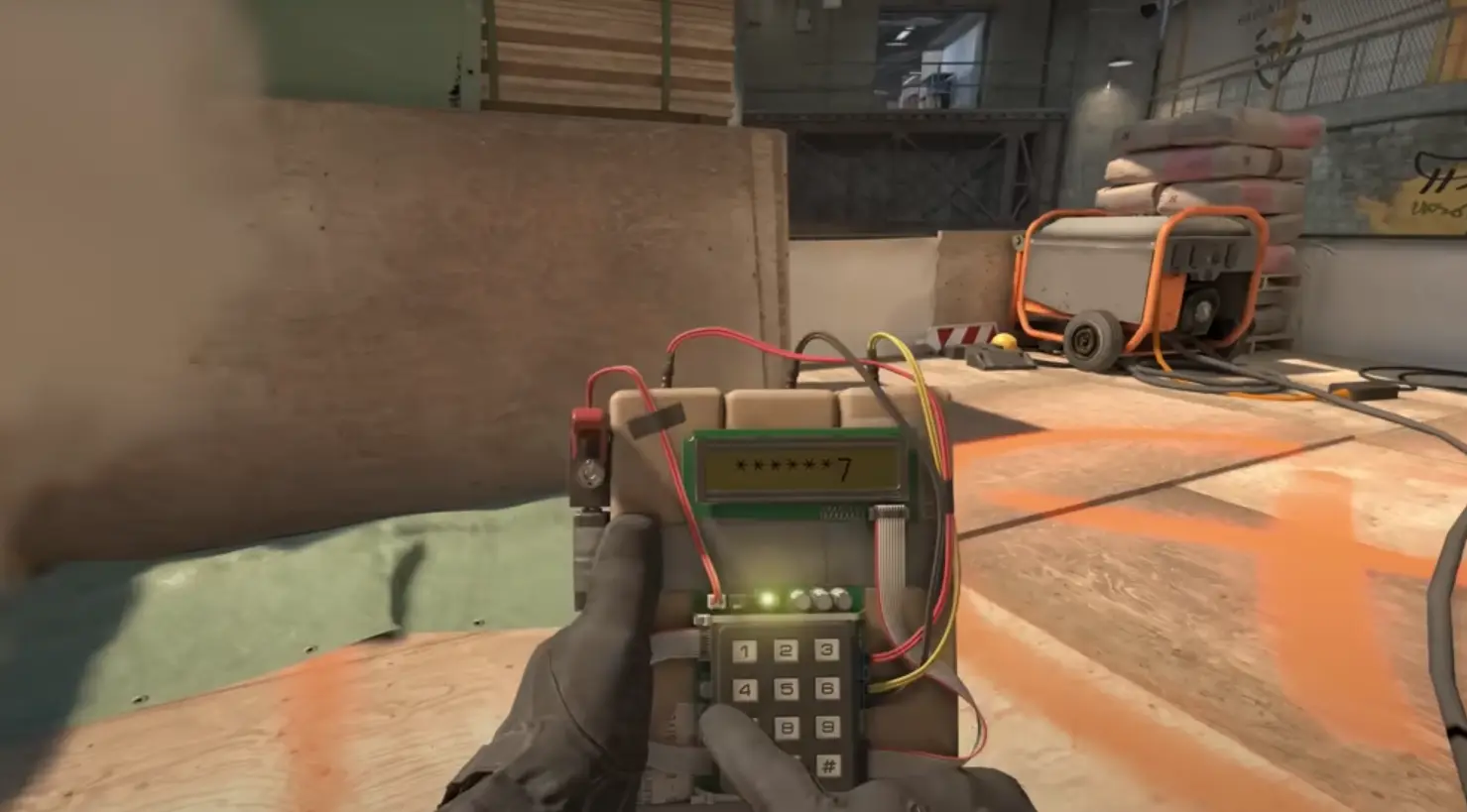
CS2 release date: Everything we know so far
Is it CS2-morrow? No, it is not.

